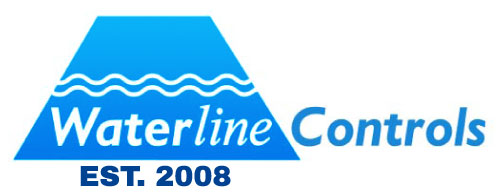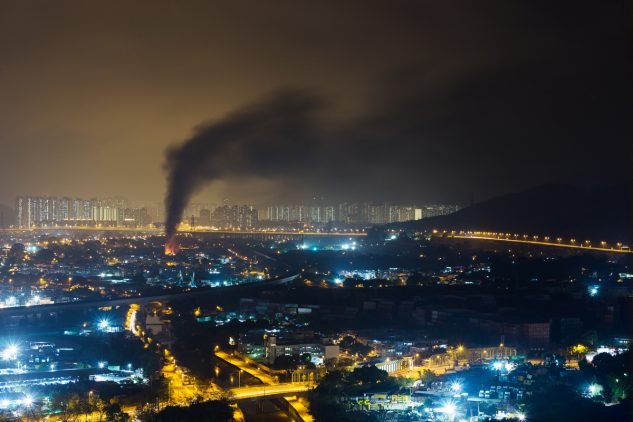What Are Fire Protection Systems?
Minimizing the risk of fire at your business or home is highly important. Read on to learn more about the different types of fire protection systems.
Business owners need to know how to be safe from fire. A fire can start in a flash and spread in a matter of seconds. When fire protection systems work as they should, businesses that pay for them get a lot of benefits. These measures help keep the facility, pricey equipment, papers, and goods from becoming damaged. Fire suppression systems, smoke detectors, and sprinkler systems are all sorts of fire protection systems that help find fires and keep people and equipment safe in buildings.
How a Fire Protection System Works
You should know how fire protection systems work. Different systems work in different ways, but they all have the same goal: to find a fire and keep the building, its people, and its belongings safe. A smoke detector and a sprinkler are two things that are often used to defend against fire. If a fire starts, smoke will set off the detector, which will turn on the sprinkler system. Water keeps the fire from spreading. This is a good way to do things, but when it comes to particular important equipment or special hazards, automatic fire suppression systems that use clean agents are a superior choice. These systems find and put out fires without leaving any trace.
The Advantages of Fire Protection Systems
One of the best things about a fire protection system is that it saves money in the long term. Think about a business and how much money it spends on things like infrastructure, manufacturing equipment, and IT hardware. A fire that stops work for a long time could cost a business millions of dollars. A machine shop that makes parts is a great example. The business would lose a lot of money if the shop caught fire and had to close for several days or weeks. You might have to buy new equipment, and you could lose important contracts. When businesses look at the expense of a fire prevention system, they need to think about all the elements.
Some types of fire prevention systems also have the advantage of automatically sending emergency services. These systems will work to put out the fire right away and let the authorities know to deploy emergency workers to your location.
Finding the Right Fire Protection System
How do you figure out which system is ideal for your business? You need to think about the building you are safeguarding, if it meets construction rules, and what insurance you would need. You might want to think about your facility’s future demands, not simply its current needs, because many fire protection systems are permanent. For instance, if you’re securing a server room and want to add more servers over time, can you add to the system?
When choosing and setting up a system, it’s important to pick a provider that knows exactly what you need and can tailor your fire protection solutions to fit those demands. You could be exposed to risk and downtime if your building isn’t up to code or your machinery and equipment aren’t well protected.
Fire protection That is Active vs. Passive
There are two types of fire protection: active and passive. When a structure is under construction, the contractor and architect can integrate passive fire protection, such as fire doors and fire escapes. Using materials that don’t catch fire during construction is another example of passive fire defense. Active fire protection, on the other hand, entails using a system that reacts when there is a fire. Fire sprinkler systems and specific hazard fire suppression systems are two examples of active fire defense.
Detection Needs To Work!
It’s also quite important to choose between active and non-electric fire detection. You don’t need power to use non-electric fire detection. You can be sure that your fire protection system will work even if the power goes out.
You should also think about the system’s features and any services that come with it. Will the system be able to detect things all the time? Does it let the police know when it goes off? What do you suggest for regular testing or inspection of the equipment?
Fire prevention systems are very crucial for keeping people, things, and buildings safe. A fire suppression system could be the best way to protect important machines or equipment.
Waterline Controls™
Our level sensors and controls aren’t just for use in residential potable water holding tanks; some of the other applications include cooling towers, sump pumps, wastewater, boilers, water storage tanks, and building fire protection water tanks.

